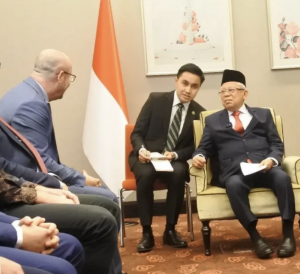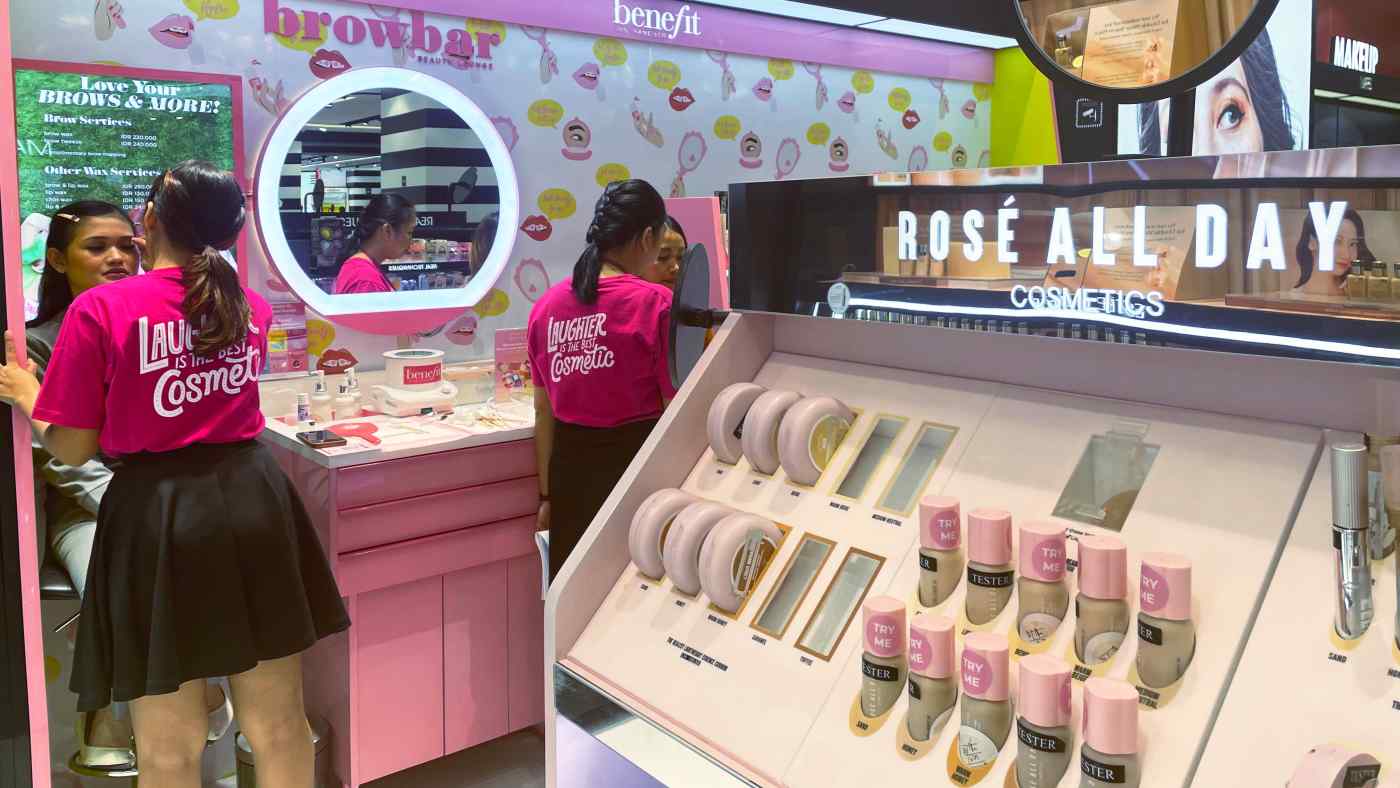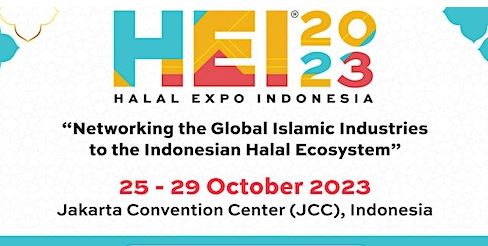
By Greg – The Quebec Telegram
450 Indonesians work at the Jababeka plant, the world’s largest L’Oréal group. It produces makeup and halal shampoo that will be sold throughout Southeast Asia. It is the name of L’Oréal’s largest plant in the world. The largest of the 40 that the cosmetics specialist spins on the planet. Flambant new, spacious -66.000 m2 on a ground of 200.000 m2-, it required an investment of 100 million euros and was inaugurated at the end of 2012.
The factory is located in an industrial area, in the middle of a lush nature, in the great outskirts of Jakarta, an hour and a half by car, sometimes twice, because of the monstrous traffic jams or floods, of the year. In addition to its thirty production lines, it has a water treatment center, a large park and a mosque.
A hub for the Asean
450 people (40% of them women) are employed there. They work in 3 x 8, 5 days a week and produce 16 brands of the group, all of which will be consumed in South East Asia. “This site is the hub for Asean,” says factory manager Guillaume Delaplace, the only Frenchman in the round. Jababeka splits its production between local outlets (at 40%), ie Indonesia, a vast market of 257 million inhabitants, and export to neighboring countries, Thailand, Malaysia and Philippines leading.
The production line is housed in large, clear rooms at the vertiginous ceiling height and is equipped with 10 production tanks with a capacity ranging from 1.5 to 20 tonnes and 96 mobile storage tanks each containing 2 tonnes.
400 different raw materials are ventilated on site to ensure the manufacture of hair products, skin products and packaging. Each line is supervised by a foreman-dressed in blue, and has between 3 and 8 white-clad workers, depending on the level of automation and the number of robots installed. Here, not all operators have been replaced by machines: for if the cost of labor is one of the secrets that L’Oréal Indonesie keeps jealously, management agrees that work is “cheaper here ‘In Thailand or China’. On the other hand, what brings the Indonesian workers closer to those of the surrounding countries is that the annual minimum wage negotiations begin to lead to strong social tensions. “And even hard strikes , ” pointed out the factory manager. The last one took place not later than the end of 2015.
Present in the archipelago since 1979, L’Oréal built its first factory in 1986. Today it is 4th favorite brand of Indonesians and collects environmental and sustainable development certifications.
Halal certification of lines and products
More specific to this country – the biggest Muslim country in the world – the homologation “halal”. A recent law obliges companies to submit to it, without having yet specified the exact modalities … The in-house legal officer relativizes the difficulty: “the subject is not new to us. We started certification in 1998 and we are pursuing it for our lines and for our products, where each ingredient is examined. ” Almost the entire Garnier range, the most popular, is already homologated. Another Indonesian specificity is the mosque of the site. A legal obligation? “No,” says Guillaume Delaplace, who evokes “rather a willingness to participate in the life of the local community”. On Friday, the L’Oreal Mosque is open to the public for prayer.



